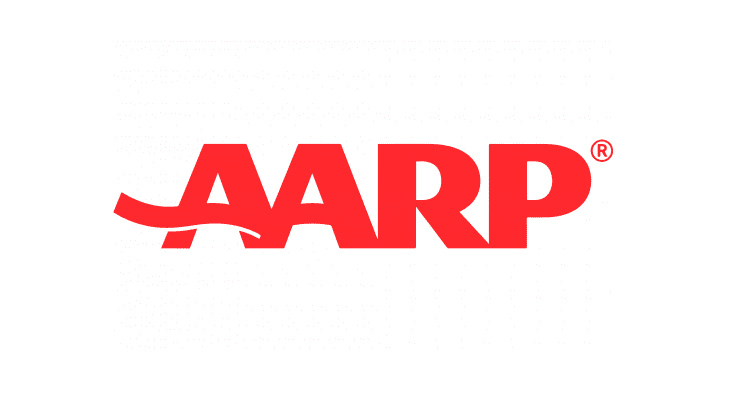A new report from AARP’s Public Policy Institute explores how the coronavirus pandemic has amplified chronic problems in long-term care, as nursing homes became COVID hotspots and hiring home health aides was complicated by shortages and the need to isolate. More family caregivers have stepped in to provide help for their loved ones over the past year, at significant personal financial cost, due to lost wages and spending to cover needs.
The report finds that expanding state programs that compensate family caregivers for some of the assistance they provide to their family and friends can be an important solution – during COVID and beyond – for providing caregiving needs in a cost-effective way that also meets many families’ desires to be there for their loved ones.
“LTSS Choices: Paying Family Caregivers to Provide Care during the Pandemic—and Beyond” found that 33 states had offered options for self-directed long-term services and supports (LTSS) programs that allow an individual to hire their own workers to provide needed care—and sometimes to hire family members – prior to the pandemic.
In the past year, 15 additional states have expanded their self-directed programs to allow hiring of family members.
Many people prefer to hire someone they know, such as a family member, friend or neighbor, and a majority (65%) of those caring for an adult have said a program under which they were paid for at least some of their caregiving hours would be helpful.
“The vast majority of older adults want to stay in their homes as they age, and allowing them to pay a friend or family member to help with their daily needs can make that possible,” says Susan Reinhard, Senior Vice President of AARP’s Public Policy Institute.
“The pandemic provided a push for states to expand this option, and we hope many of them will make their policy changes permanent. Paying family caregivers is a solution that saves states money and meets the growing need for long-term care.”
The report also looks at possible cost savings from providing more home and community-based care. According to a multi-state analysis from Public Partnerships, participants in self-directed care programs received an average monthly budget of $1,774 in 2019, compared to a monthly cost of $6,175 for a Medicaid-funded semi-private room in a nursing home. Most programs that allow family members to be paid for caregiving are operated under Medicaid, with a smaller number funded by individual states or the Veteran-Directed Care program.
This paper is the fourth in the AARP Public Policy Institute’s LTSS Choices initiative – a series of reports, blogs, videos, podcasts, and virtual events that seeks to spark ideas for immediate, intermediate, and long-term options for transforming long-term services and supports. Click here to learn more.
_____
AARP is the nation’s largest nonprofit, nonpartisan organization dedicated to empowering people 50 and older to choose how they live as they age. With a nationwide presence and nearly 38 million members, AARP strengthens communities and advocates for what matters most to families: health security, financial stability and personal fulfillment. AARP also produces the nation’s largest circulation publications: AARP The Magazine and AARP Bulletin. To learn more, visit www.aarp.org, www.aarp.org/espanol or follow @AARP, @AARPenEspanol and @AARPadvocates, @AliadosAdelante on social media.
Source: AARP
To see original article please visit: https://goldrushcam.com/sierrasuntimes/index.php/news/local-news/28011-aarp-new-report-finds-long-term-caregiving-hits-crisis-levels-during-coronavirus-more-states-expanding-options-for-paying-family-caregivers





















